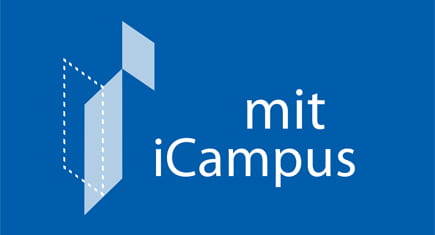April 2001–December 2006
The iCampus Framework project demonstrated the benefits of a service-oriented architecture for the educational computing infrastructure at MIT. These benefits included the ability to modularize implementations of educational computing applications, create reusable components, and enable component and resource sharing within the university and across institutions.
“When it comes to educational computing, most universities are technology islands, each with its own infrastructure for its own students and faculty. Web service frameworks could radically change the landscape for higher education by making it practical to create national and global shared resources for learning.
—Professor Hal Abelson, Dept. of Electrical Engineering and Computer Science
Some examples we’re working on in the iCampus Framework are shared laboratory equipment, shared libraries, and shared course materials, but the range of national and global collaboration on learning Web services could be limitless.”
This project implemented a collection of Web services using Microsoft Windows Server SystemTM and the Microsoft .NET Framework to demonstrate interoperability with other Web service architectures that adhere to the World Wide Web Consortium’s standards. The sample lab controllers built provided the basic authorization, resource allocation, event notification, and collaboration services required to deploy scaleable online laboratories across multiple institutions. These critical elements provided a foundation for two other iCampus projects—iLab and iMOAT.
Investigators: Prof. Hal Abelson, Dept. of Electrical Engineering and Computer Science; Dave Mitchell, Microsoft Research; Paul Oka, Microsoft Research
